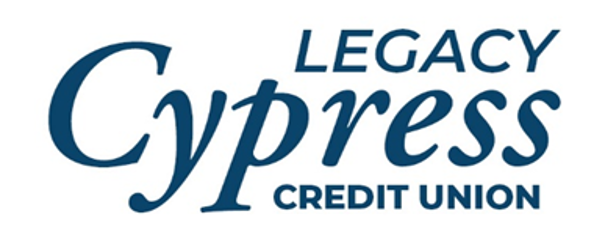Identity theft is not a new phenomenon brought forth with the electronic age.
Thieves have rummaged through garbage and dumpsters in search of credit card receipts and financial statements for years in hopes of using the information for criminal purposes.
However, advancements in telecommunications and computer processing have made it more convenient for identity thieves to exploit stolen identities
What is Identity Theft?
While there are numerous variations of the crime, identity theft is essentially the act of stealing another person’s identity, without their knowledge or consent, to purchase goods and services or to commit fraud and other crimes in that person’s name.
Obtaining pieces of personal information like credit card numbers, PINs, debit card numbers, driver’s license numbers, SINs and date of birth can earn criminals thousands of dollars in a very short period of time. Identity thieves can take over another person’s financial accounts, apply for loans, credit cards, utilities, and purchase goods and services. Since bills for charges incurred are often sent to a different address, the victim will not be aware that debt is mounting in their name until a collection department tracks them down. Identity theft can take months, sometimes even years, to detect and it can take just as long to correct the damage.
Canada’s credit rating agencies, Equifax and TransUnion, can provide additional information and help prevent fraud and identity theft. Options may include periodically verifying your credit rating, determining whether any credit cards have been issued without your consent and with placing a “fraud alert” on your credit file.
Equifax National Consumer Information Centre
1-800-465-7166
www.equifax.ca
TransUnion Consumer Relations Department
1-877-525-3823
www.transunion.ca
